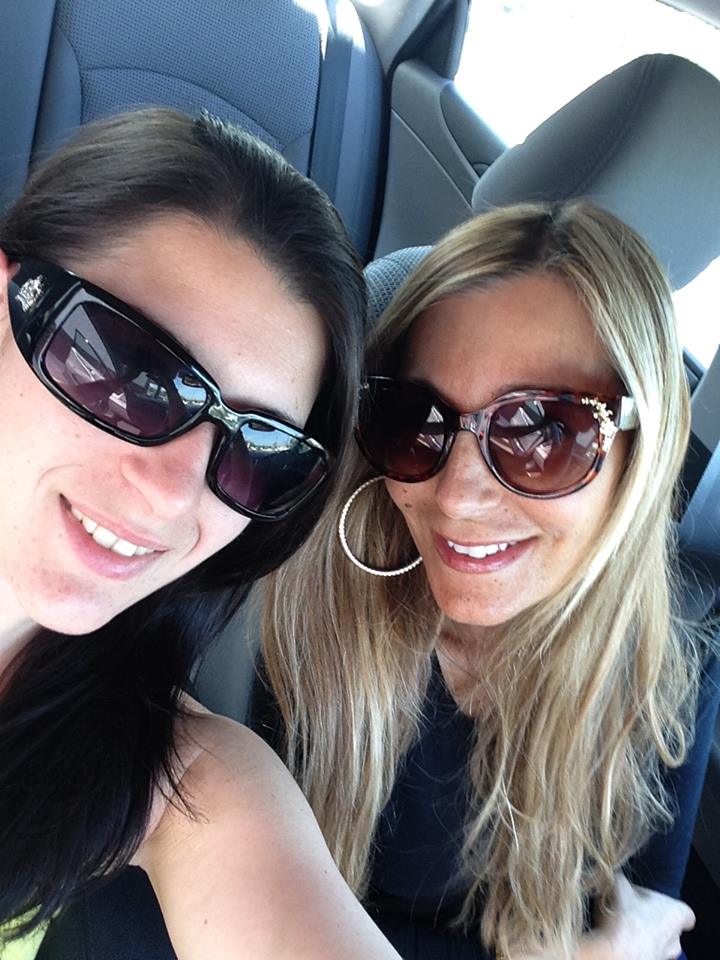
As a mom who has a daughter in Recovery, I try to share information and ideas to improve relationships and heal families. For today we are truly one of the lucky ones. With so many overdose deaths happening around the country, it’s hard to make a decision on what is or isn’t the right move when it comes to handling addiction issues.
“Fear”
If you’re reading this, you probably are or have been in my shoes or you know someone who is. It’s frightening when you have someone in your life that is addicted. Remember, being informed and aware is the first step in understanding how to help someone.
I believe as family members or friends who care so deeply about our loved one who has a substance use disorder, we tend to think we can fix it or that we can stop it. They will get better if we hang in there and help them.
We make excuses for their behavior, we lie for them, we give them money, we pay their fines, we let them take the car and pay for the gas, we let them live in our homes and disrupt family dynamics, sleep all day because they are tired, we call their boss and say they are sick, we get them out of trouble by paying for lawyers or bailing them out of jail and we forgive them when they steal from us.
We think, but how could we NOT do this. What about their future? They might lose their job, what about their credit; their record, how will they get a job? Where will they live? Will they die?
“Enabling”
This, my friend is called enabling. You love them so much that you’re willing to sacrifice your own health, sanity, finances, marriage, other family members and entire life in hopes that they will see the light and realize they have to stop. Your entire family will suffer.
Without consequences and accountability they won’t stop. They will manipulate, lie, cheat and steal to get their drugs. They are not trying to stick it to you, they don’t hate you, this is survival for them. The physical and mental pain takes priority over everything, even you. Don’t take it personally. Drug addiction is a brain disease.
If cutting them off entirely is too painful, then you must put healthy boundaries in place. Learn to say no. Tell them you won’t give them any more money. You will take them to the doctor if they are sick, you will buy them food and feed them if they are hungry, but no more money. You won’t bail them out of jail or pay for attorneys; you won’t drop everything or change your plans when they don’t show up for appointments or family functions.
You tell them that when they are ready to get help that you will support them and help them. You ALWAYS tell them that you love them.
Be ready for the name-calling and the blaming. Stay strong. Especially, if this kind of behavior has worked on you in the past. Don’t make excuses to them or justify your words.
“Changing Your Behavior”
Your behavior has to change too. You have to change the way you communicate with them. You can’t control their actions, but you can control your reactions. You can control your response. No yelling and screaming, no judgment or name-calling or bringing up the past. Reinforce that you love them and you will be there if and when they decide to get help.
Recognize the patterns that we build. Pay attention to what hasn’t worked in the past and your conversations will be more productive. Don’t give your loved one the excuse to walk out. Stay calm and remember the outcome that you are looking for. It may not happen this time, but you will feel better because you handled the situation better. They will think about this conversation more if there isn’t an ugly confrontation.
You have to bring some normalcy back in your life. Go out with your significant other, your family or friends. Go to a movie or dinner. Start exercising and eating healthy. Eat ice cream! Dance! Smile again! Self-care is so important. If you get sick then you can’t take care of yourself. How will you take care of others? You will start to think clearly and feel empowered. You have to focus on your wellness not their illness.
Unless we make an effort by first realizing our issues and acknowledging our part in them, and until we try reaching out for help and following through with advice, a set plan, and we take actionablestepsto ensure a positive outcome, we will never change the outcome.
“Finding Support”
Don’t be afraid to reach out for support. Some of my closet friends are people I’ve met during this journey.They’ve listened to me cry, shared my joy and our accomplishments, they’ve counseled me when I needed to make decisions, offered advise and let me know that it’s ok to feel.
Finally, take advantage of your state and local resources. When I was finding my way through this horrific time, I went to every seminar, joined my local coalition, became an alliance coordinator, joined multiple committees, went to forums, events and conferences on prevention, treatment and recovery. I Goggled EVERYTHING, I read blogs on various topics and I volunteered my way into a new career path. One that not only helped my family, but now is helping yours.
Stay positive, stay strong, stay focused, and stay informed. Just like in football, “The best defense is a good offense” Educate yourself. I promise, it will help. Remember that Substance Use Disorder, AKA Addiction is a treatable disease. Over 23 million people can attest to that. There is always hope.
God Bless,
Donna


